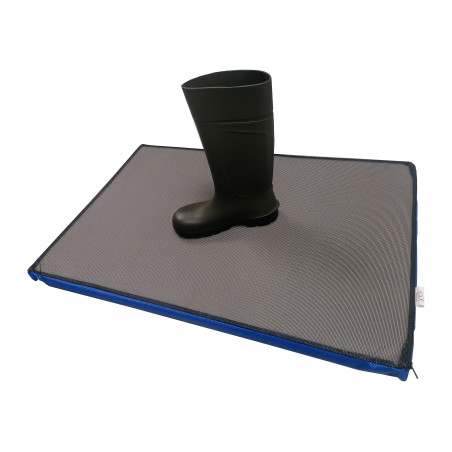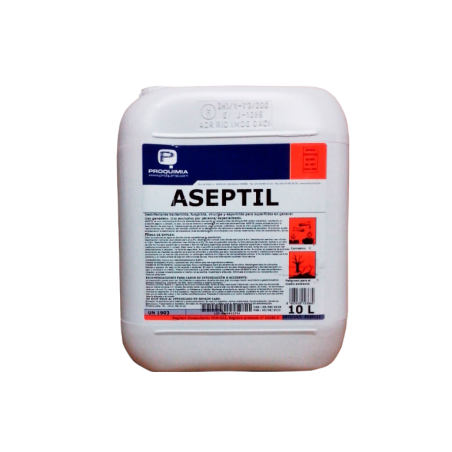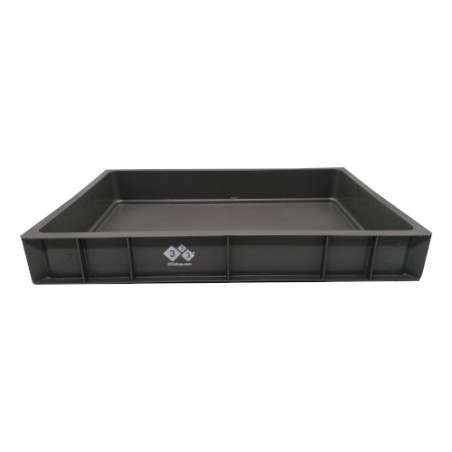The objective of the present study was to evaluate the cross-protective immunity between type 1 and type 2 porcine reproductive and respiratory syndrome virus (PRRSV) isolates in growing pigs. Japanese type 1 PRRSV, first isolated from a pig with respiratory disorders in a farm in 2009, exhibits unique genetic characteristics. The pathogenicity of a Japanese standard strain of type 2 PRRSV, EDRD1, in pigs immunized by the type 1 PRRSV isolate, Jpn EU 4-37 was determined by evaluating clinical signs, viremia, antibody response, and pathological lesions. Similarly, we evaluated the pathogenicity of Jpn EU 4-37 in pigs immunized by EDRD1 and compared the cross-protective immunity between these isolates.
The EDRD1 challenge after Jpn EU 4-37 inoculation reduced viral clearance and shedding in pigs, compared to those treated with the EDRD1 single infection. On the other hand, the pathogenicity of Jpn EU 4-37 after EDRD1 infection did not differ significantly compared to non-immunized pigs treated with Jpn EU 4-37.

Therefore, exposure to Jpn EU 4-37 could not induce enough immunity to reduce the viremia against subsequent infection by type 2 PRRSV. However, the immunity induced by Jpn EU 4-37 infection may play a role in reducing viremia caused by type 2 PRRSV. Moreover, the immunity induced by the EDRD1 and other genetically related viruses, which are broadly distributed in Japan, may not contribute to cross-protection against Jpn EU 4-37 as an emerging virus.
Iseki H, Kawashima K, Takagi M, Shibahara T, Mase M. Studies on heterologous protection between Japanese type 1 and type 2 porcine reproductive and respiratory syndrome virus isolates. J Vet Med Sci. 2020; 82(7): 935-942. doi:10.1292/jvms.20-0122






